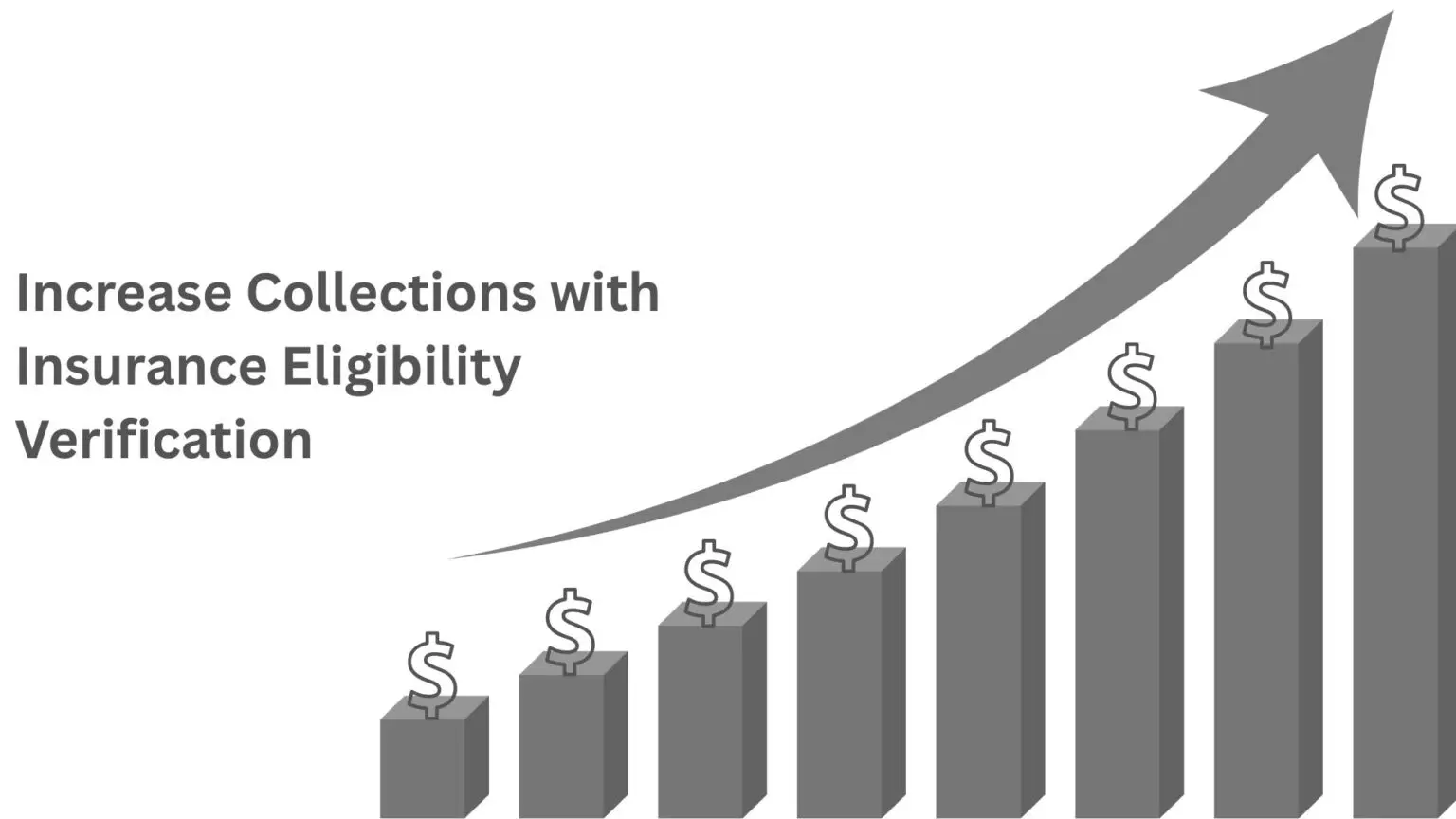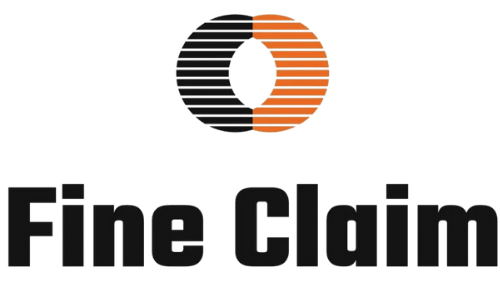
Enhancing Revenue Cycle Efficiency
In the intricate landscape of healthcare, insurance and eligibility verification play a pivotal role in ensuring smooth operations and financial stability for healthcare providers. Understanding the nuances of eligibility verification can significantly impact revenue cycles, reduce claim denials, and enhance overall efficiency. This article delves deep into the realm of eligibility verification, its importance, benefits, and the services offered by industry leaders like Fine Claim to streamline these critical processes.
Importance of Eligibility Verification
Eligibility verification is the process of confirming a patient’s insurance coverage and benefits before providing medical services. It serves as a crucial step in the revenue cycle management (RCM) workflow, helping healthcare providers avoid claim denials, billing errors, and financial losses. According to industry sources, 75% of all claim denials are due to patient ineligibility for services billed to insurers, highlighting the significance of thorough eligibility checks.
The Impact of Ineligibility
When patients receive services without proper eligibility verification, it can lead to a cascade of challenges. Fine Claim emphasizes that patients may be ineligible for benefits due to policy termination or modifications, which can result in:
- Delayed Payments: Providers face delays in receiving payments for services rendered, impacting cash flow and financial stability.
- Rework: Incorrect billing due to eligibility issues necessitates reworking claims, consuming valuable time and resources.
- Decreased Patient Satisfaction: Patients may face unexpected bills or denied claims, leading to dissatisfaction with the healthcare experience.
- Increased Errors: Billing errors and inaccuracies arise when eligibility status is not verified upfront, leading to claim rejections and denials.
- Non-payment: Services provided to ineligible patients may go unpaid, contributing to revenue loss for healthcare organizations.
Fine Claim’s Eligibility Verification Services: Key Benefits
Fine Claim’s Eligibility Verification Services offer a range of benefits designed to optimize revenue cycles and streamline the billing process:
- Improved Account Receivable Cycles: By reducing Account Receivable Days, providers can accelerate revenue collection and improve financial health.
- Increased Clean Claims: Thorough eligibility verification ensures that claims submitted to insurers are complete and accurate, minimizing denials.
- Enhanced Cash Collections: Reduced write-offs and denials lead to increased cash collections, bolstering financial outcomes for healthcare organizations.
Additional Services for Seamless Operations
In addition to eligibility verification, Fine Claim offers related services to further streamline operations and enhance patient care:
- Obtaining pre-authorization numbers to facilitate seamless approvals for medical procedures.
- Securing referrals from primary care physicians (PCPs) as per insurance requirements.
- Updating patient demographics to ensure accurate record-keeping and billing processes.
- Reminding patients of point-of-service (POS) collection requirements to improve revenue capture.
- Alerting clients to coverage or authorization issues promptly, enabling proactive resolution.
- Facilitating Medicaid enrollment to expand access to healthcare services for eligible patients.
What is eligibility verification in healthcare?
Eligibility verification is the process of confirming a patient’s insurance coverage and benefits before providing medical services. This ensures that the patient’s insurance is active and that the planned services are covered under their policy, preventing issues related to claim denials and financial discrepancies.
Why is eligibility verification important?
It helps prevent claim denials, reduces bad debt, optimizes revenue, and enhances the patient experience by confirming financial responsibilities upfront.
What role does technology play in eligibility verification?
Technology enhances eligibility verification by automating the process, integrating with Electronic Health Records (EHRs), and enhancing security to protect patient information and ensure compliance with regulations.
What are common challenges in eligibility verification, and how can they be addressed?
Common challenges include incomplete or incorrect information, variability in insurance policies, and delays in verification. These can be addressed by improving data collection, implementing technology solutions, and providing regular training to staff.
What future trends might impact eligibility verification in RCM?
Future trends include the use of Artificial Intelligence (AI) to enhance verification processes, Blockchain technology for improved data security, and evolving regulations that require adaptability in verification processes.

